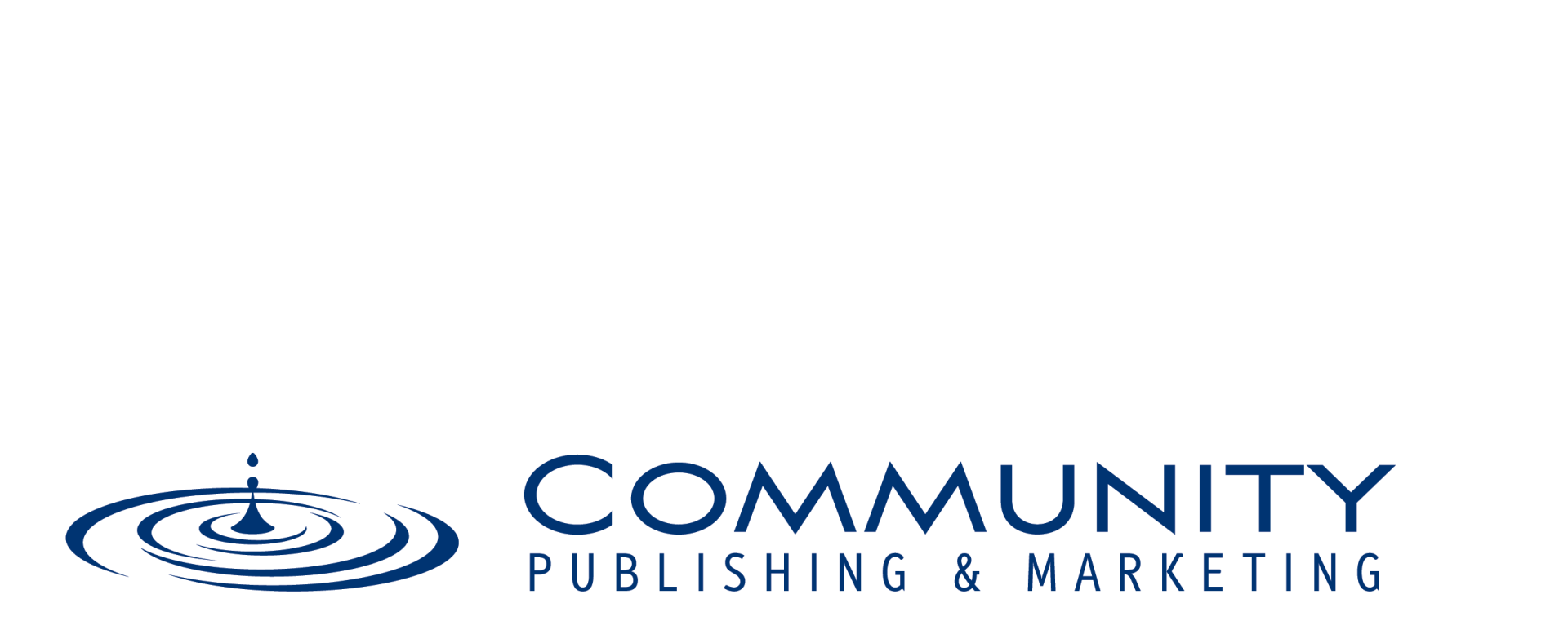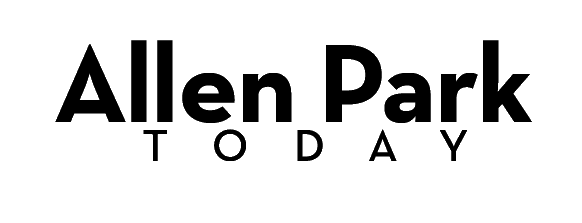Experience teaches us and helps guide us through new challenges because of not only what we learn to do, but just as importantly, what not to do.
Heather Rottermond’s first day as the new director of curriculum and instruction for Allen Park Public Schools was July 21, and her first order of business this fall semester will be to open her eyes, listen and just observe – because she has a very important job and it’s important to get it right.
“Through my experiences at Wayne RESA, Washtenaw ISD, and Livingston ESA, I’ve seen how new leaders sometimes make sweeping changes too quickly, which can be disruptive, especially when many things are already going well,” Rottermond said. “My goal is to connect with teachers, leaders and the community to celebrate what’s working and thoughtfully and collaboratively identify areas where we can continue to grow together. I plan to focus on building authentic relationships and gaining a clear understanding of the current work in curriculum and instruction.”
Rottermond, 42, has a wide range of experience in education. Her own education includes a Bachelor of Science in Elementary Education; Master of Arts in Reading; Master of Arts in Educational Leadership; and Doctor of Education, PK-12 Educational Leadership (which will be final in the fall of 2026).
After teaching middle school in Whitmore Lake for 10 years, Rottermond took a position as an assessment and school improvement coordinator and Title III consortium facilitator with Washtenaw ISD and Livingston ESA. In 2016, she moved to the Ann Arbor Public Schools, where she was the assistant director of assessment, research, and pupil accounting, overseeing testing for the district.
Rottermond took a position with Wayne RESA as an assessment and instruction consultant in 2018, where she provided leadership and support for local districts and public school academies in Wayne County on assessment, instruction and data analysis.
Rottermond, who has co-authored four peer-reviewed articles for The Michigan Reading Journal on humanizing feedback, building a community of literacy coaches and the dangers of teacher deficit thinking, wanted to return to a smaller district setting where she could be more directly involved and make a deeper impact.
“At RESA, you serve 32 traditional school districts and more than 100 public school academies, which makes it challenging to build lasting relationships and see initiatives through when you’re constantly moving from one place to another,” she said. “What excites me about this role is the opportunity to continue the great work already underway while also building on it to more meaningfully support teachers, administrators and community stakeholders to meet district-wide goals.”
A curriculum director has a wide range of important responsibilities, including overseeing curriculum, instruction and assessment across the district, as well as planning professional learning opportunities for teachers and supporting administrators with building-level initiatives.
“I also work closely with my colleagues in the central office to ensure our efforts are aligned with the district’s strategic plan, and that we’re providing the best possible support to schools,” she said.
And that strategic plan is one with a lot of changing parts.
“When it comes to adding or subtracting from the curriculum, it’s really about balance and alignment,” Rottermond said. “We look at state and board adopted standards, research on best practices and feedback from teachers, students and the community. If something isn’t serving students well or doesn’t align with our goals, it may be scaled back or phased out. The goal is always to provide a well-rounded, rigorous and relevant education for every student.”
VIEW IN PUBLICATION










